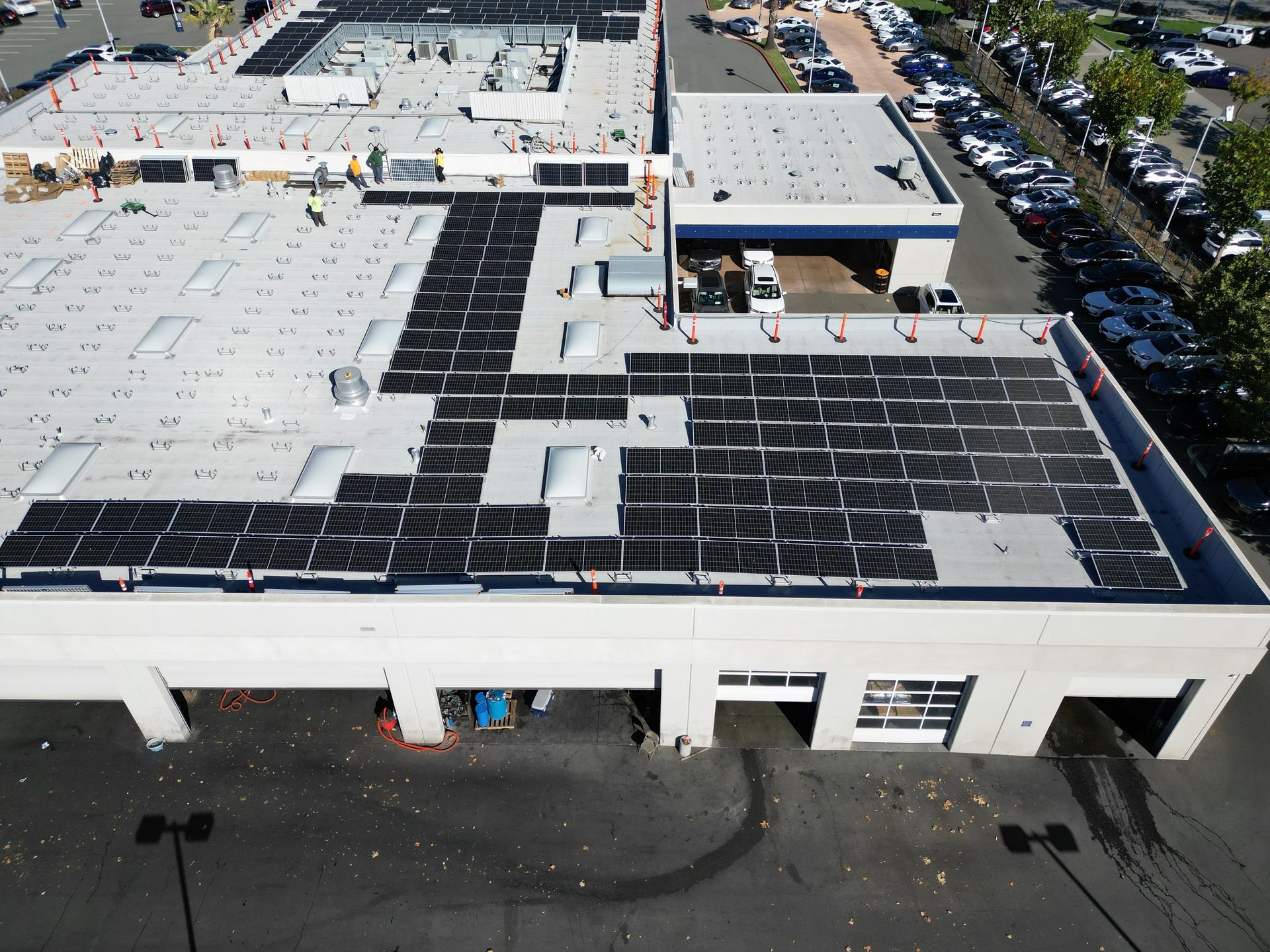The Role of Solar Energy in Reducing Your Carbon Footprint
In recent years, the growing concern over climate change has led many individuals to explore more sustainable energy options. Solar energy, in particular, has emerged as a leading contender in reducing carbon footprints and promoting a greener future. Harnessing the power of the sun not only provides an eco-friendly alternative to fossil fuels but also offers numerous benefits for individuals and communities striving to achieve sustainability goals.
Lowering Greenhouse Gas Emissions With Solar Power
One of the key benefits of solar energy is its ability to significantly lower greenhouse gas emissions. Unlike traditional energy sources such as coal and natural gas, solar power doesn't emit any harmful pollutants into the atmosphere during its operation. By choosing solar energy, individuals can reduce their reliance on fossil fuels, leading to cleaner air and a healthier planet overall. This transition contributes meaningfully to carbon footprint reduction on both a personal and collective level.
The Growing Impact of Community Solar Initiatives
Solar energy's impact extends beyond individual households and finds significant traction in community settings. According to the National Renewable Energy Laboratory and the University of Minnesota, cumulative community solar capacity has grown by about 121% year over year since 2010, more than doubling in capacity on average. This remarkable growth reflects a broader movement towards renewable energy solutions at a community level. Community solar initiatives enable neighborhoods to collectively invest in solar power, making it accessible to a wider range of people, including those who might not be able to install panels on their own homes.
Financial Incentives and Cost Reduction in Solar Energy
Additionally, the financial incentives associated with solar energy adoption are compelling. By installing solar panels, individuals can take advantage of government rebates and tax incentives designed to offset installation costs. Additionally, as solar technology becomes more advanced and efficient, the cost of solar power continues to decrease, making it an increasingly viable option for homeowners and businesses alike. This shift not only reduces electricity bills but also creates long-term energy savings.
Solar energy plays a crucial role in reducing carbon footprints and addressing climate change. By decreasing reliance on fossil fuels and fostering community-based solutions, solar energy provides an effective and sustainable path forward. Whether through personal installations or community initiatives, embracing this clean energy source has the potential to drive significant environmental benefits while also supporting economic growth and energy independence. Be sure to reach out to Solar Savings Direct, Inc today for more information on our professional solar energy services!










Share On: